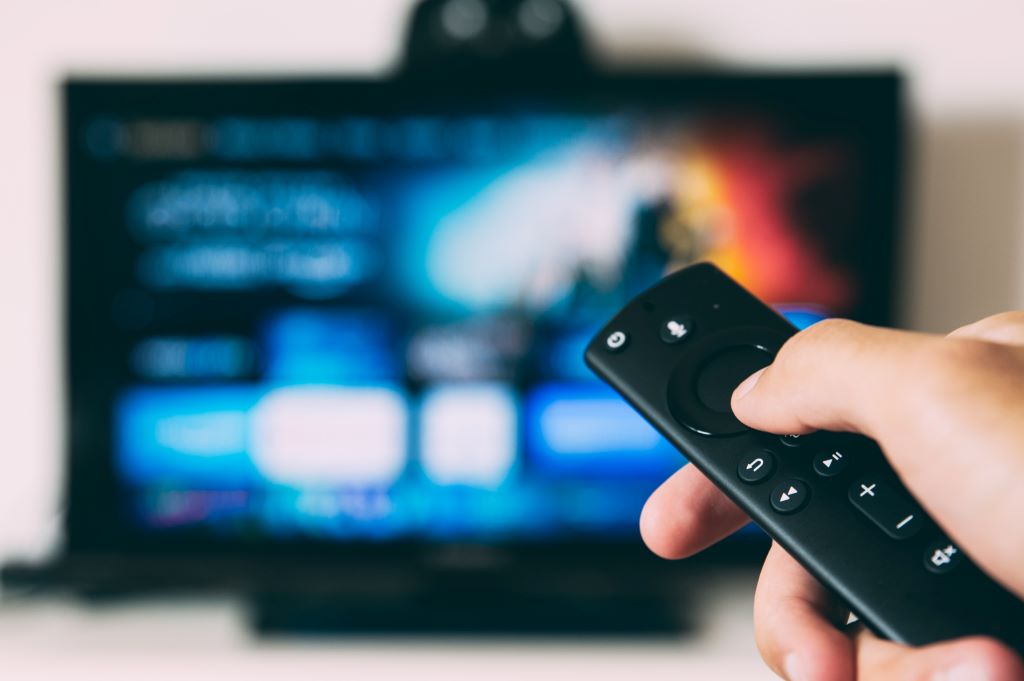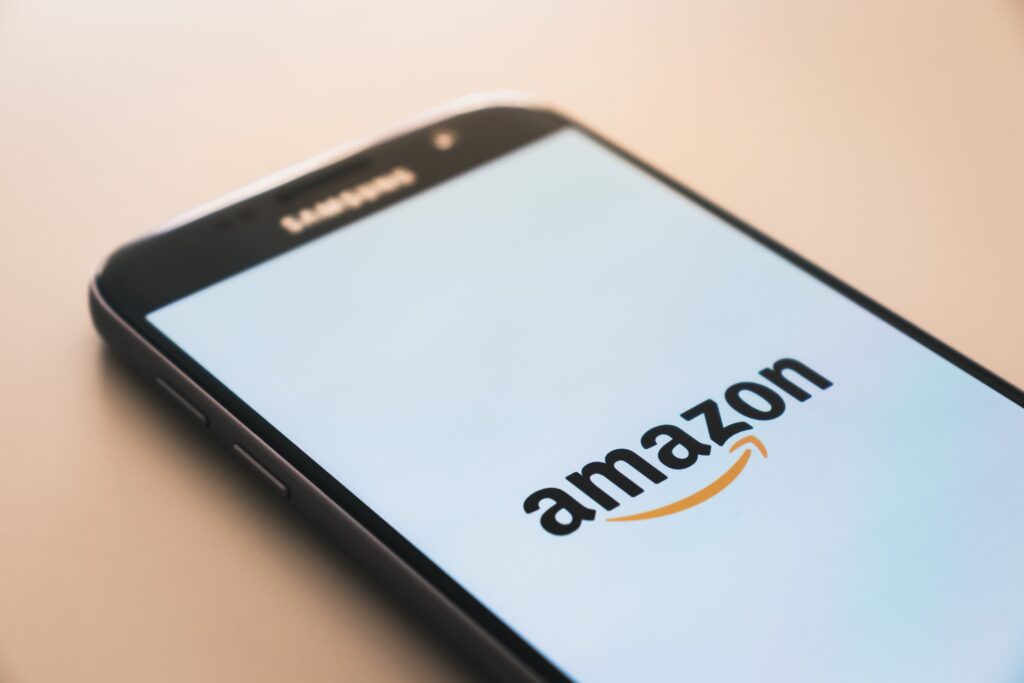The launch of Premier League streaming on Amazon kicked off with Crystal Palace’s home victory, followed by Manchester City’s win at Burnley’s Turf Moor.
Twenty Premier League games are live and exclusive on Prime Video, meaning it is free for Amazon Prime Members.
Meanwhile, non-members can get a 30-day free trial and then pay £7.99 a month. It’s certainly a very attractive price-point for the competitive sports media market.
We’ve picked out the good and the bad, but one thing is for sure. We will definitely be tuning into Amazon’s Premier League football coverage this season.
Will football fans trust Amazon to deliver sports coverage they have become accustomed to with established media outlets?
The Features
When multiple games are broadcast simultaneously, fans can choose which one to watch and on which platform. This is just how you would watch any other content on Prime Video.

Viewers can switch off the commentary if they are not happy with the pundit, which is a welcomed option. Instead, you can switch to ‘Stadium Atmosphere’ to hear the more immersive chants among the fans at the stadium.
Live stats throughout the games are also a great touch, such as win probability.
A key bonus? Rewinding highlights. Sort of like your own version of VAR.
A short scroll through the #AmazonPrimeVideo hashtag on Twitter showed that many were happy with the games on offer.
The fact is, rather than being dictated by the broadcaster, Amazon provides a level of choice. The stadium atmosphere setting and live stats are an added bonus too, all contributing to a greater sense of control.
It’s clear that they’ve listened to what the viewers want from their football viewing experience and acted on it to set Amazon apart from Sky and BT.
We’ve got to take the rough with the smooth, though, as not everybody was happy with every aspect of Amazon’s first run at Premier League streaming.
The Criticisms
Some bemoaned the use of the same old punditry staff, meaning the atmosphere was virtually the same as traditional broadcasters. This could indicate viewers really care about who is broadcasting the sport to decide where they will watch the match.
Others had issues with the streaming service itself, particularly with buffering, which caused a delay between live-action and the stream.
However, we suggest turning off score alerts apps or putting your mobile away while watching if you don’t want spoilers.
WORK WITH A DIGITAL POWERHOUSE
Take your business to the next level, with bespoke digital marketing campaigns tailored to your acquisition goals.
Get in TouchThe Advertising
Instead of standard adverts, Amazon mostly shows advertisements for its other products and services during match breaks like half time.
Although the general branding of the sports coverage may not be all-singing, all-dancing ‘Amazonia’, the ability to advertise its own brand means they have autonomy on the messages to audiences.
This aspect of the sponsorship has raised the most concern. There are continued cries amongst critics who believe Amazon is on a mission to monopolise multiple aspects of day-to-day life; from retail, groceries, gambling, entertainment and now sports.
In-App Advertising
Amazon’s use of the ‘ad breaks’ to promote its own services, however, is not unique.
Spotify utilises ad space for artists to pay for a prime position on the home screen so users can discover new music. Full-screen notifications pop up and suggest new music releases for users to listen to.
Artists, of course, have to pay for this privilege, but it is an example of relevant advertising for users.
Our PPC and Media Buying team know a thing or two about advertising on apps. Our work with sports marketing brands like Wigan Warriors, Betfred, St. Helens and Totesport speaks for itself.
In fact, Betfred is the cornerstone of ActiveWins affiliate marketing programme, promoting their offers to sports fans across the country. From welcome packages to promoted posts on social media, we’ve helped to boost their customers and income.
The Bigger Picture
We know Amazon is a tech giant and have signed a deal for 20 games a season over three years. But what is the point?

Primarily, keeping their brand at the top of mind will be one thing – which they are bound to succeed in. But the rest will surely be to drive customers to purchase Amazon’s goods and services during peak shopping times like Christmas and January sales.
As a customer service powerhouse, they can address shopper concerns immediately, which usually translates to higher sales. Our customer support team can attest to that.
With ten games showing through Amazon’s Premier League streaming service on Boxing Day – and plenty online deals, no doubt – some of us will be kicking back to watch the football, while the others scour the site for deals.
It’s a win-win situation for Amazon.
If this success proves worth their while (and we’re pretty sure it will), how much further could Amazon go to infiltrate new markets and more aspects of consumer life?
After all, they started off by selling books…look how far they have come.
Want to discuss your own thoughts on our marketing expertise? We’d love to chat about a strategy for your online acquisition.


